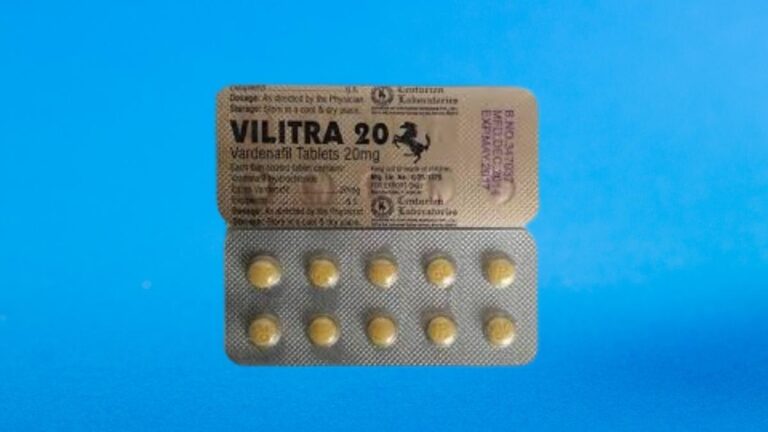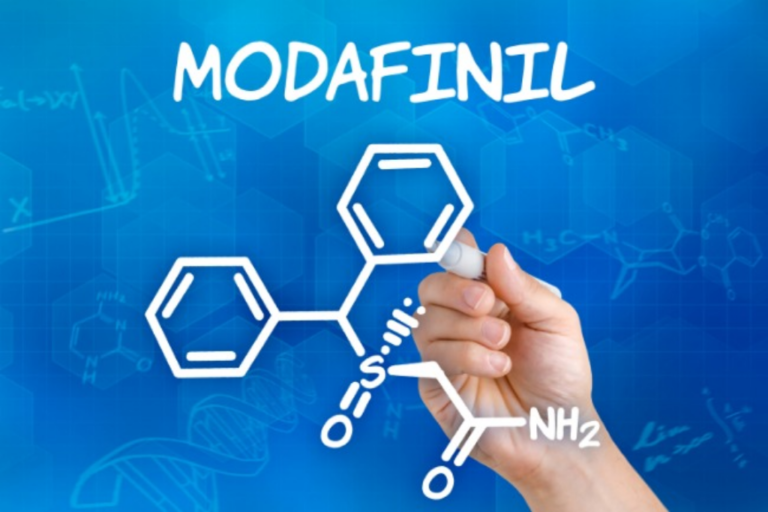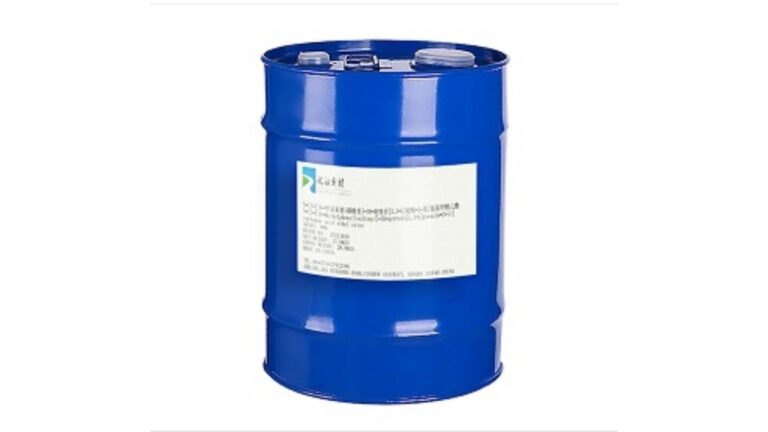What Should You Know About Teen Use Of Delta 9 THC?
Growth, curiosity, and risk-taking are hallmarks of the teenage years. It is possible that some risk-taking can help establish one’s identity and independence, e.g., running for student council or asking someone out on a date. Risky practices, such as smoking Delta 9 THC, can harm a teen’s health and well-being.
How many teenagers are taking Delta 9 THC?
Delta 9 THC vaping was reported by 8%, 19%, and 22% of middle and high school pupils throughout the last year. In 2019, 37% of high school students in the United States reported using it at some point, while 22% said they had used it in the previous 30 days. Following a surge in e-cigarette use in 2018 and 2019, it remained stable in 2020.
Delta 9 THC’s Effect on the Teenage Brain
Tetrahydrocannabinol (THC) is the primary psychoactive ingredient found in marijuana, and it enters the bloodstream when smoked or eaten. In the brain, THC binds to specific cannabinoid receptors via the bloodstream.
In various parts of the brain, it controls concentration, reasoning, sensory and temporal perception, pleasure and memory, and coordination. These receptors predominate. THC overactivated these areas, which results in the “high” that people experience. The effects of Delta 9 THC can linger for several days after the “high” has worn off, affecting functions like attention, memory, and learning.
To the detriment of youth, however, it can have long-term consequences. Neurodevelopment does not stop until the early to mid-20s for the teenage brain. At this time of life, the brain is particularly vulnerable to drug exposure, and their usage alters how connections establish in the brain. Other impacts on the developing brain include interference with neurotransmitters and abnormalities in brain shape and volume.
Using Delta 9, THC has decreased a teen’s cognitive abilities. By the time they reach adulthood, youths who consistently use it lose 5.8 IQ points. According to a recent study, this is more harmful to adolescents’ cognitive development than alcohol. Cannabinoid Hyperemesis Syndrome (CHS) is another long-term complication associated with long-term use (characterized by cycles of severe nausea, vomiting, and dehydration that may require emergency medical attention).
4 side effects of teen Delta 9 THC use:
Currently, Delta 9 THC use by teenagers is a brutal fact of life. Because adolescence is when a person’s body and brain develop rapidly, it is essential to eat a healthy diet and avoid causing any harm.
Consumption alters the brain’s activities. Teenage usage of this drug has far-reaching adverse impacts on their daily routines, health, and well-being. That is the root cause of many of these side effects.
- Concentration and Memory
THC (tetrahydrocannabinol), the main component, travels via the bloodstream to the brain and creates a euphoric experience when smoked or otherwise taken. Nerve cells and receptors that this process can harm aid memory retention and concentration. Driving, schoolwork, and other activities might all be severely affected.
- Mental health
According to research, using it has been connected to various mental health disorders, including despair and anxiety, and even psychosis, according to a study (associated with extreme paranoia and hallucinations). Suicide and schizophrenia may link in the future, according to some research.
Many teenagers may turn to drugs when experiencing mental turmoil due to their family situation, school pressure, or interpersonal issues. Delta 9 THC may be tough to obtain if their first response is to “numb” their feelings.
- Health Problems
Smoking Delta 9 THC can lead to lung infections and breathing difficulties, just like smoking tobacco. If you’re an adolescent, you’re more likely to get into potentially harmful situations if you’ve been drinking.
- Daily Behaviors
The usage of Delta 9 THC is not only dangerous to a teen’s health, but it is also illegal in many states. There is a chance that they could be charged with a crime that could significantly impact their future.
If it becomes a habit, it can easily take over someone’s life. The teen’s income, relationships, and other duties may be adversely affected if they become dependent on its use (school, trust with parents).
How Delta 9 THC can affect a teen’s life:
- Increased mental health issues
Many mental health issues, including depression and social anxiety, have been related to its use. Mental illnesses such as schizophrenia, which causes people to believe they see or hear things that aren’t there, are more common in those who use the drug long-term. Younger, more frequent users of Delta 9 THC are more prone to develop schizophrenia.
- Drowsy or slurred speech
Driving under the influence of any narcotic, even Delta 9 THC, is risky. It harms reaction time, coordination, and focus, necessary for safe driving.
- Addiction potential
According to research, one-third of those who use Delta 9 THC have a marijuana use disorder. It is common for people with marijuana use disorder to give up important social and family events in favor of utilizing Delta 9 THC. Teens and early 20-somethings who use marijuana consistently are more likely to develop a problem.
- Options for Treatment
If you feel that your teen is creating issues with the usage of Delta 9 THC, you should seek professional help immediately. It is crucial to tailor treatment to your teen’s specific abuse patterns and any linked medical, mental, and social issues.
More adolescents than adults have co-occurring mental health and marijuana use issues. 11 Adopting an integrated strategy for treating a person with a dual diagnosis of mental illness and substance dependence is the most effective action.
For some adolescents, inpatient treatment is preferable to outpatient therapy since it allows them to remain in school. Cognitive-behavioral treatment is likely to be a part of your teen’s treatment, which is an essential technique for identifying and changing their attitudes and behaviors connected to substance misuse and other co-occurring problems.
Bottom line
Teenagers tend to keep to themselves. As a parent, you’ll have difficulty figuring out your children’s routines. Addictions like these often start due to the peer pressure that teens face. Therefore, you must actively participate.
Even if your children are pre-teens and vulnerable to the wrong kind of Company, you should tell them about the dangers of Delta 9 THC and other narcotics. Teach kids not to succumb to peer pressure and that doing drugs is not cool. Addictions can have long-term and often irreparable repercussions on your child’s mental health. That’s why you need to be on your guard when it comes to this situation.






